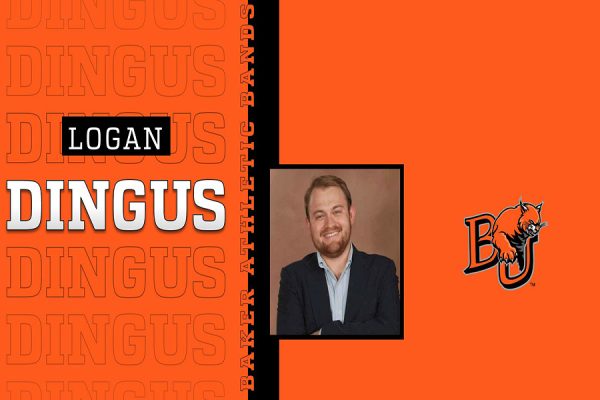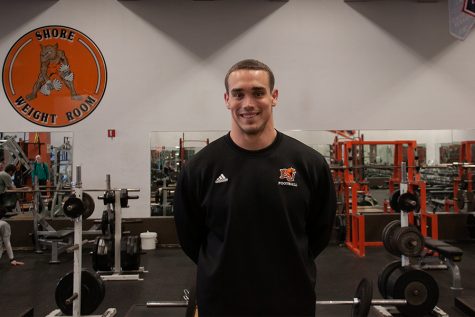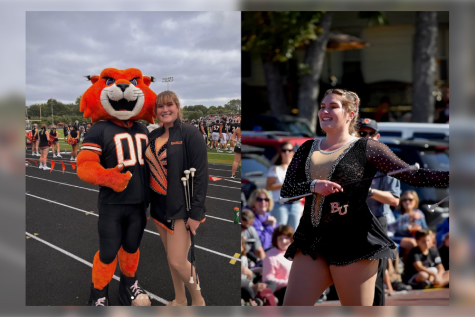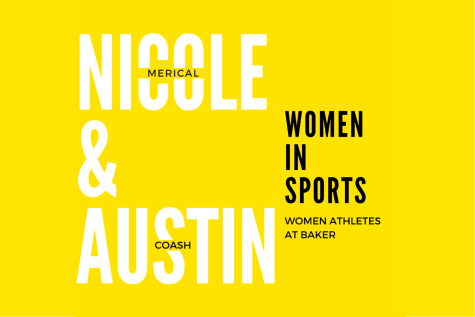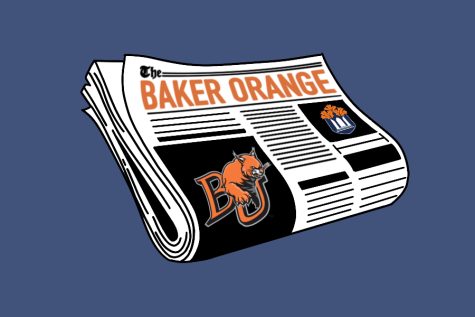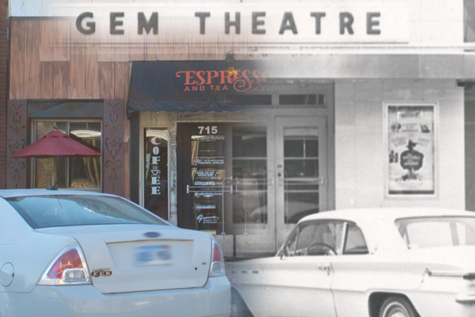BU student media privileged with First Amendment rights
Miley Cyrus may have said it best, “It’s my mouth. I can say what I want to.”
The First Amendment grants all citizens the freedom of speech and press, and these freedoms have always been known, fought for and protected. As Americans, we haven’t lived in a culture where freedoms could be repressed or ignored.
What if I told you that at Baker, we don’t technically have our First Amendment rights? For the most part, the First Amendment prohibits public universities from suppressing non-disruptive free speech. But private colleges, which are not state entities, have the leeway to establish their own rules.
At Baker, I believe that we have more leniency than that.
University presidents have a huge impact on the limitations of student press rights. We have been fortunate in the past to have presidents who truly believe in students having the ability to create and judge their own reporting.
Although the Orange was critical of last year’s change of Baker’s food services to Sodexo, University President Pat Long never complained when the staff reported the opinions of Baker students, as well as our individual perspectives.
Even though the president and the university have the power to review in advance what is said in our publications, we are given the opportunity to cultivate our own ideas and opinions. This probably cannot be said for all private institutions.
A 2010 study by the American Association of Colleges and Universities found of 24,000 college students, only 35.6 percent strongly agreed that it was “safe to hold unpopular positions on campus.”
The Baker Orange editorial board is lucky that it can freely express the beliefs of students, unpopular or not.
Now that Long is entering her last year at Baker, we need to be sure that our next president will continue to support students’ rights and freedoms. After leaving BU, students need to be able to form and express their own ideas and opinions. If we are suppressed in college, how will we learn to exercise our First Amendment rights later?





